
7 minute read
We ask the roads and infrastructure industry experts to share their views on barriers to more diversity.

ROADS REVIEW

THIS MONTH, WE ASKED THE INDUSTRY LEADERS: HOW CAN THE ROADS AND INFRASTRUCTURE INDUSTRY ENCOURAGE MORE DIVERSITY?
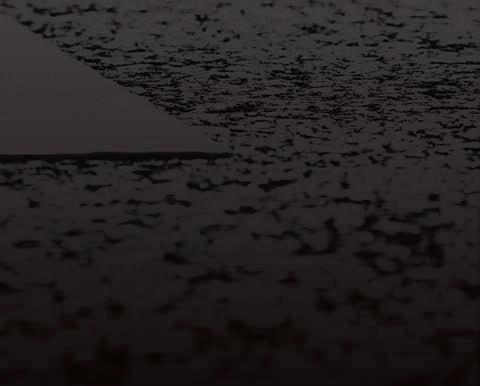



CHRIS MELHAM, CEO, CIVIL CONTRACTORS FEDERATION – NATIONAL The Civil Contractors Federation (CCF) continues to play a lead role in workplace diversity through the development and implementation of a range of programs and services in collaboration with its members and government. These include initiatives focusing on leadership, mentoring, networking, and information, all of which refl ect CCF’s commitment to best practice, diversity, and inclusion. CCF will continue to work with industry and government to develop and implement practical, relevant, and valuable initiatives to help ensure civil construction continues to embrace diversity. The current voluntary approach is an effective mechanism to drive diversity improvements in our industry, not mandates by governments prescribing diversity targets.

JON DAVIES, CEO, AUSTRALIAN CONSTRUCTORS ASSOCIATION To increase diversity, we need to fi rst solve the challenges that are preventing the construction industry from being an employer of choice. To do this, the Australian Constructors Association, together with the governments of NSW and Victoria, is developing a new industry Culture Standard. The Culture Standard is a framework for clients and contractors to work together to ensure workers are provided adequate time to rest and pursue life activities outside of work. It will also help ensure the occupational health and mental wellbeing of workers is prioritised so the industry can attract and retain a more diverse range of workers. Once fi nalised, governments will be called upon to incorporate the Culture Standard into their procurement requirements. For more information, visit: www.cultureinconstruction.com.au.
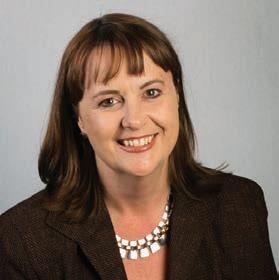
SARAH BACHMANN, CHIEF EXECUTIVE OFFICER, NATIONAL PRECAST CONCRETE ASSOCIATION AUSTRALIA Diversity and inclusion are two critical requirements that span across all aspects of business. Never more relevant as Australia heads into the post-COVID19 infrastructure-led recovery, diversity and inclusion – when properly harnessed – can bring very real value. Underpinning the ability to practice diversity and inclusion in the infrastructure space is how organisations harness diversity. Innovation in diversity means redefi ning power and the engagement of leaders who themselves model diversity. Leading by example should pave the way as diversity of discussion is fostered and as cultures are cultivated that focus on learning, creativity, equity, dignity, and fl exibility.












JONATHAN JONES, HEAD OF EDUCATION, INSTITUTE OF PUBLIC WORKS ENGINEERING AUSTRALASIA (IPWEA) Establishing a pipeline of diverse talent should be a priority for the roads and infrastructure industry. An effective way of attracting diverse talent is through the establishment of scholarships and study grants that supports skill and capacity building within the industry. Scholarships can be targeted at the development of a range of skill sets and at all careerlevels. In 2021, IPWEA partnered with a key industry player to launch the IPWEA LOGiT Indigenous Scholarship, with the intent of supporting current and aspiring Indigenous Asset Management professionals to build their capability and enhance their career trajectory and contribution.
LISE SPERLING, EXECUTIVE DIRECTOR FOR NSW AND ACT, AUSTRALIAN FLEXIBLE PAVEMENT ASSOCIATION (AFPA) Workplace diversity and inclusion is not automatic, and there is no quick fi x. It requires proactive leadership, accountable commitments, cultural change, and measurable outcomesbased initiatives that promote and support an equitable workforce. From inclusive recruitment processes and celebrating accomplishments and cultural holidays, to ensuring pay equity and fostering open and safe communication, the industry can drive the continuous process of inclusion. AfPA embraces a continual improvement culture encouraging diversity and inclusion. AfPA’s National Diversity and Inclusion Committee is inviting discussion on the barriers on behalf of the fl exible pavements industry. We are proud that our members are implementing their own policies and openly sharing their learnings as a leading employment industry of choice that embraces all.
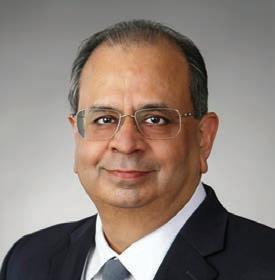
DEEPAK MADAN, CHIEF MARKETING AND BUSINESS DEVELOPMENT OFFICER, SRIPATH ASIA-PAC At Sripath, we view diversity as an integral part of our organisation’s DNA. We belong to a global group of companies, which includes: Sripath Technologies, USA; Bitpath, India; Sripath Innovations, UK; and Sripath Asia-Pac, Australia. Our team members and the experts we engage hail from a diverse set of backgrounds, cultures, religions, ethnicity, and preferences. One of our core competencies is to foster this diversity and channel our expertise and talent to nurture an organisation that is innovative, customer-centric, and forward thinking. Each of our businesses benefi ts from our diverse perspectives and our collective insight into the global bitumen industry. This allows us to deliver innovative products, outstanding customer service and excellent technical support to our customers. We are proud of the multi-talented team of experts that are so vital to our business.
If you or someone at your organisation is an industry leader and would like to be a part of this monthly column in 2021, please get in touch with Editor, Tara Hamid: tara.hamid@primecreative.com.au
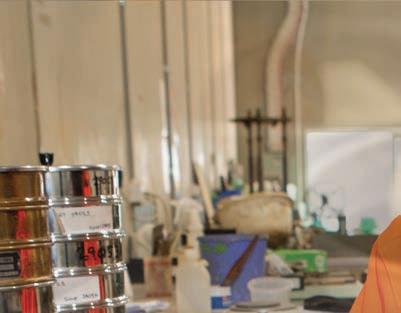
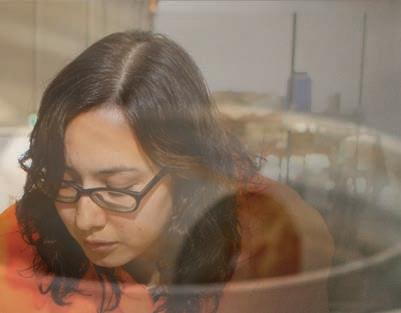
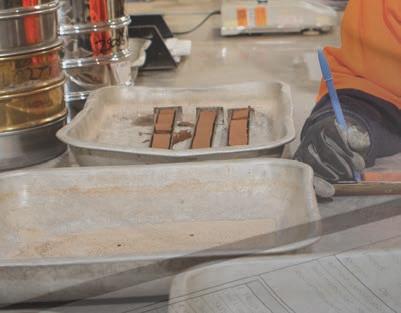
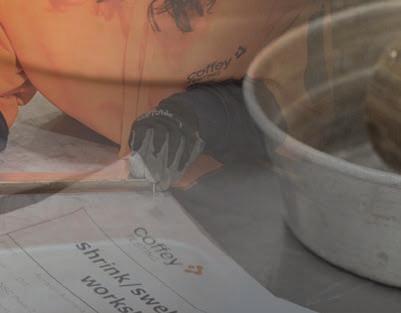

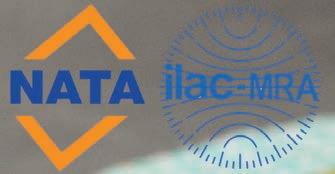












As one of Australia’s largest construction materials testing construction materials testing providers, we’ve been delivering providers, we’ve been delivering testing services to the transport testing services to the transport infrastructure, public utility, infrastructure, public utility, residential and commercial residential and commercial development, oil and gas, and development, oil and gas, and mining industries for over 60 years. mining industries for over 60 years. We have an extensive network of We have an extensive network of permanent and site-specific permanent and site-specific testing facilities located across testing facilities located across Australia, including in some of Australia, including in some of Australia’s most remote locations. Australia’s most remote locations.





























